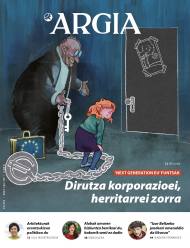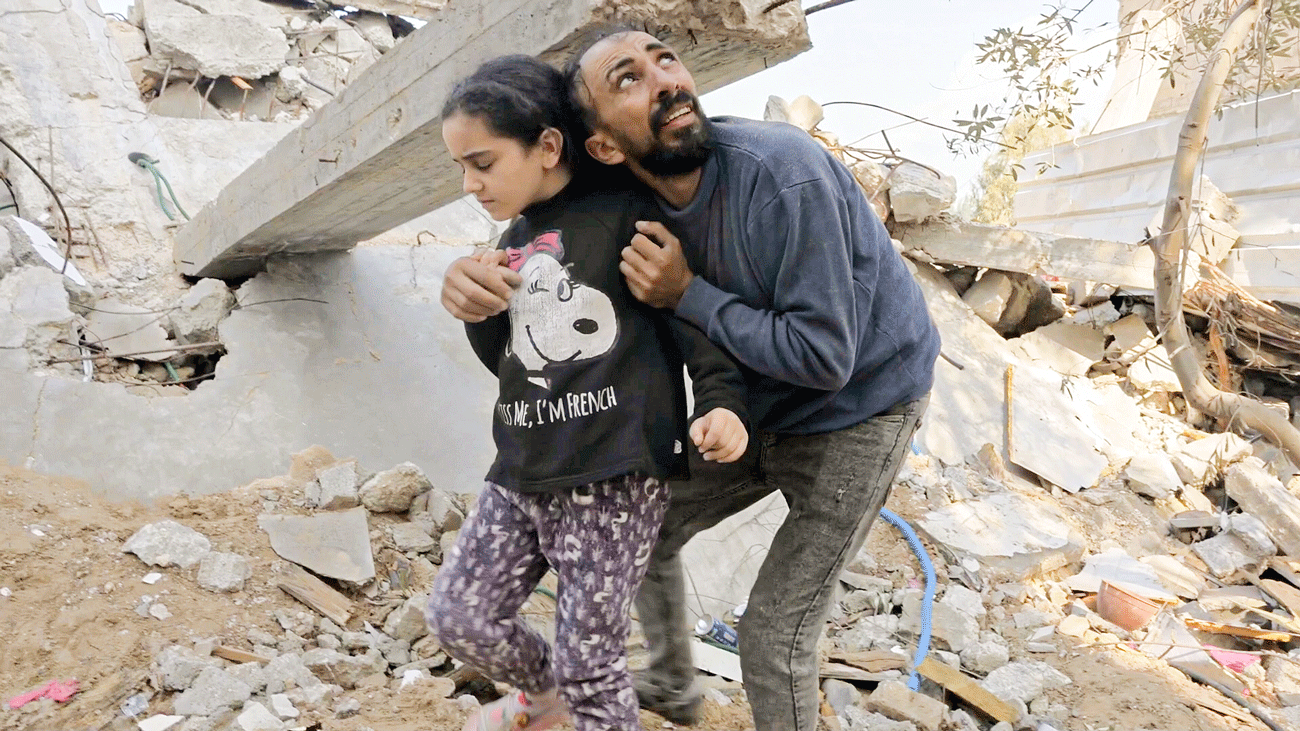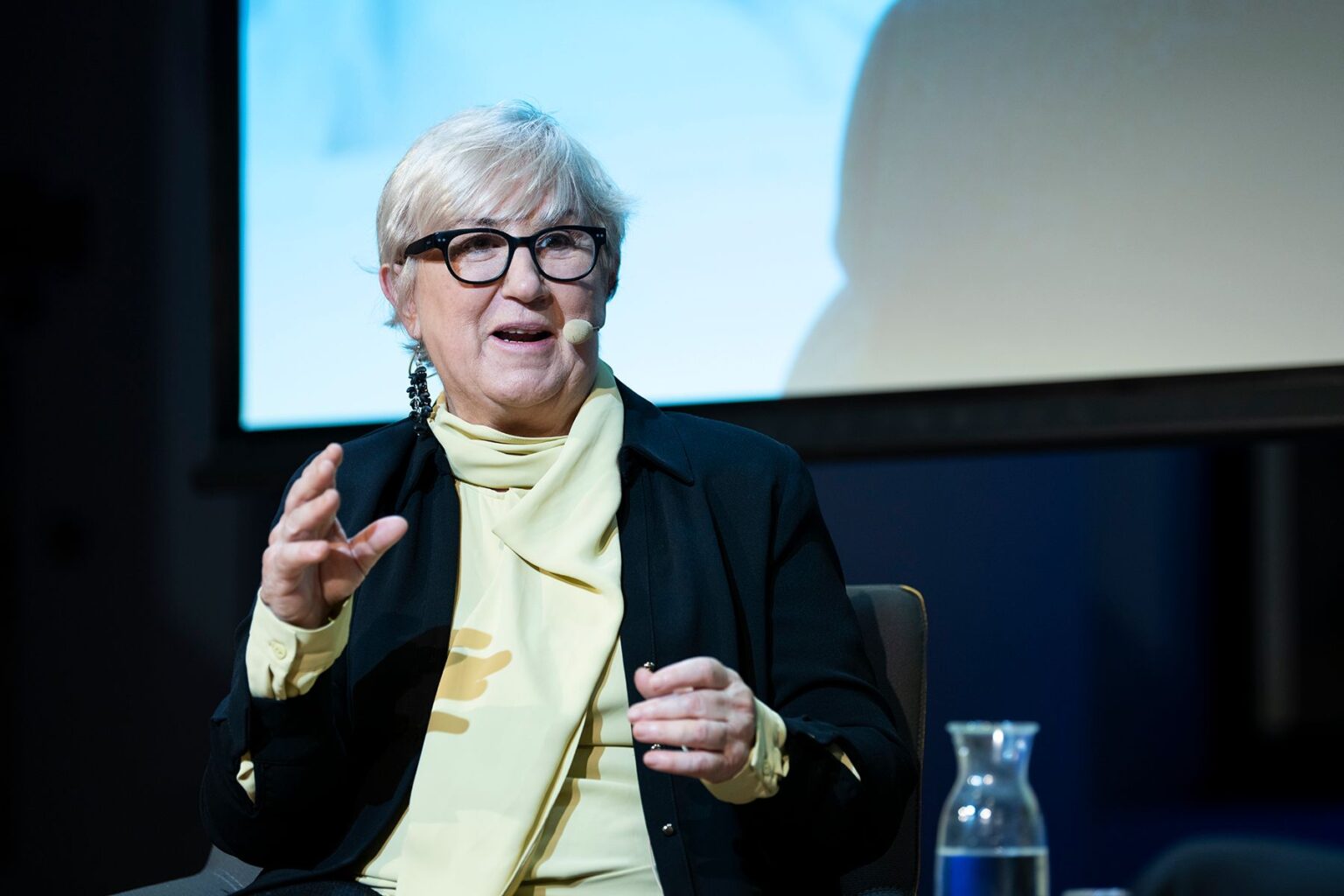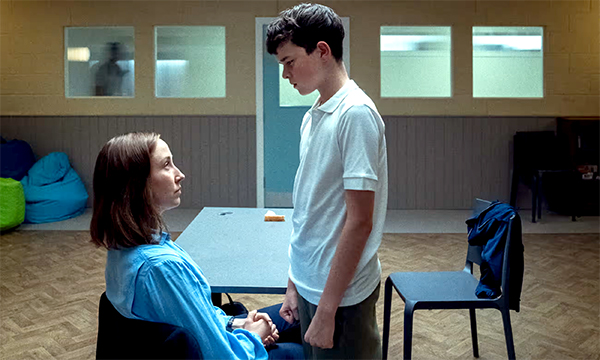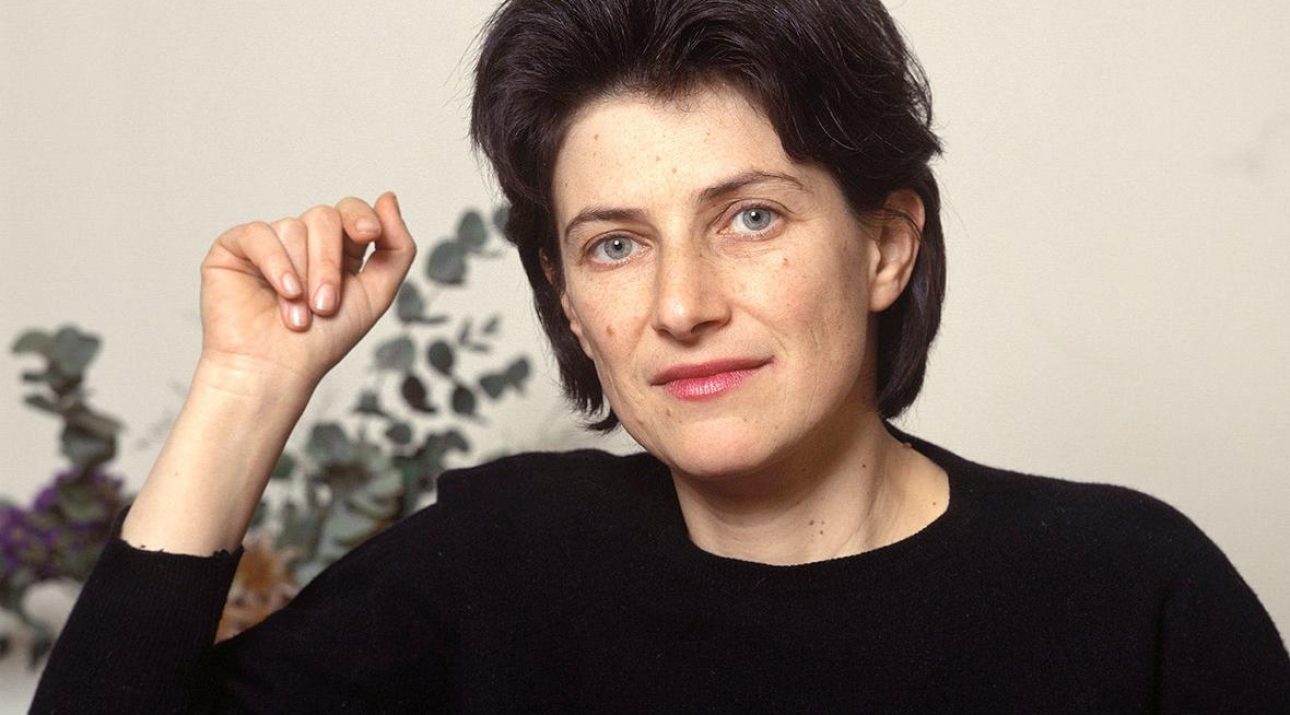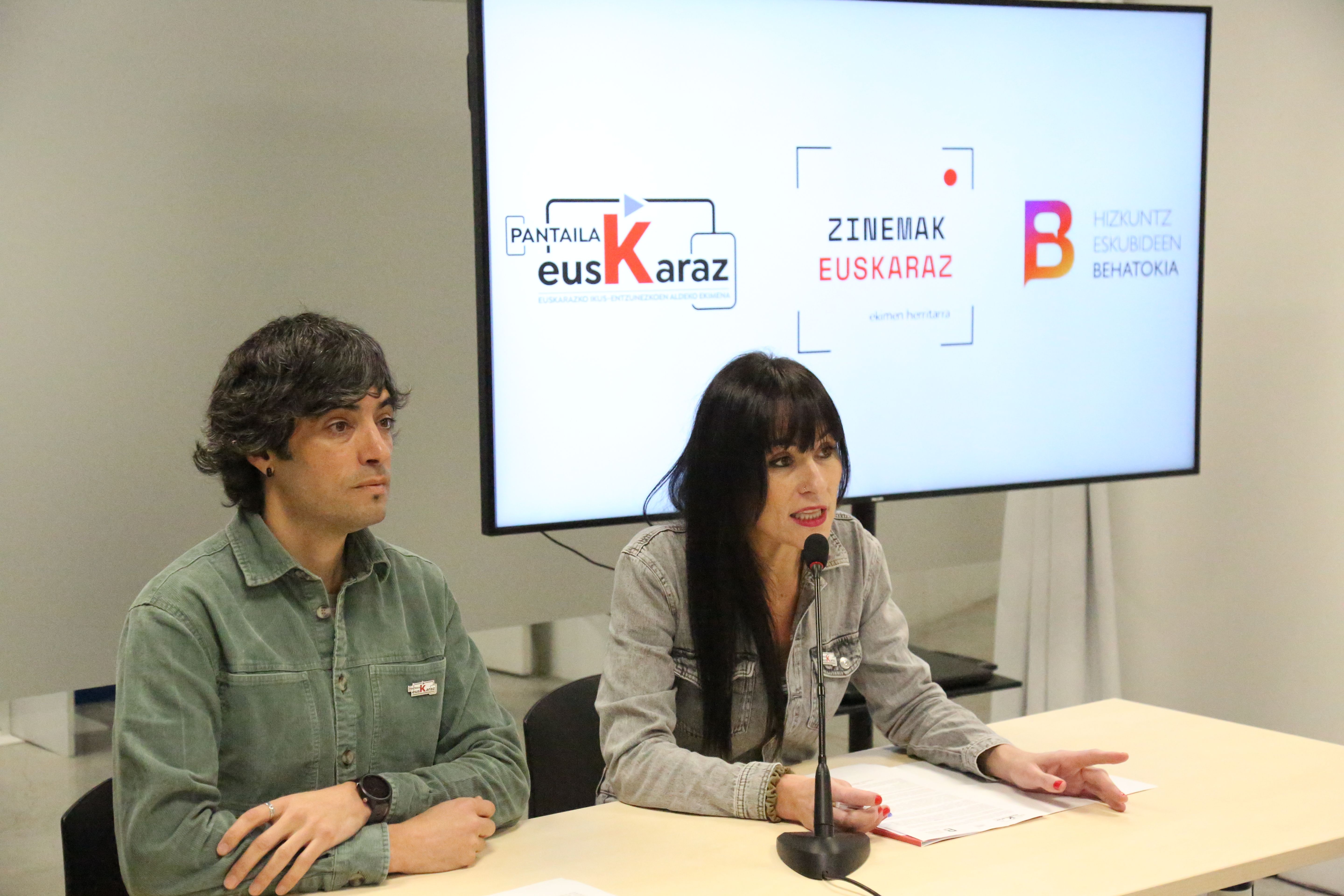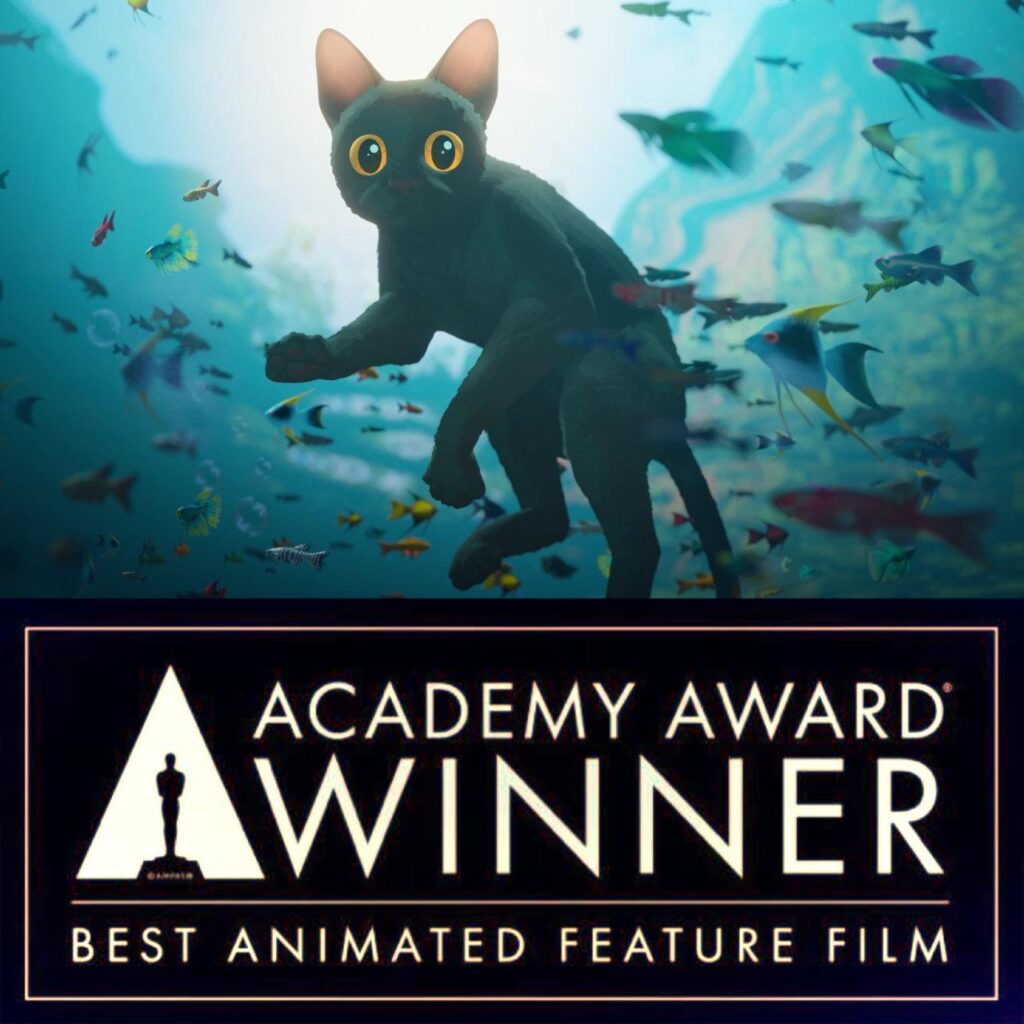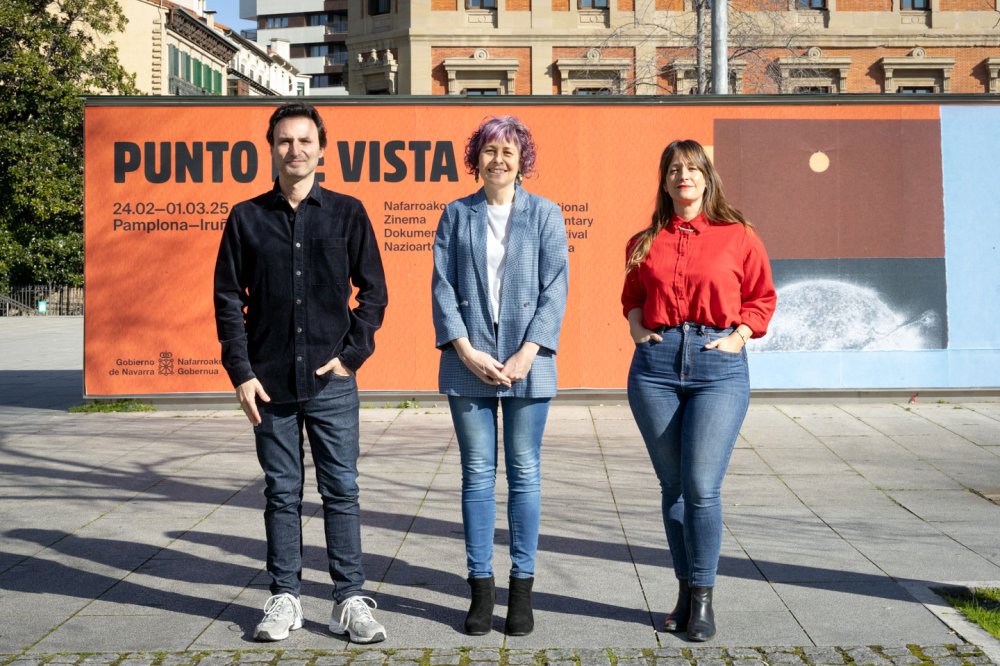"It's common for a writer to not facture anything for a long time."
- Ana Hormaetxea Ibarbengoetxea (Algorta, 1974), secretary of the Professional Association of Writers of Euskal Herria, has been president of FAGA for four years, until September last year, in the federation of groups of writers from different communities of the Spanish State that have in addition to the Spanish language another. “It is the best profession in the world”, he has proclaimed. But there are things to improve, as the answers given in this interview have made clear.

It is said that little fiction is written in the Basque Country.
Little is produced. A little bit more for film, very little for television. To date, ETB is the only fictional television producer in the Basque Country, i.e. the producers work for ETB. And it promotes two or three sets a year.
Does being the only customer allow ETB to abuse power?
Totally. I must point out that it abuses and pushes at the same time. It's the one that moves the industry. But, to the extent that it has a monopoly, it abuses, of course. In addition to the fee, they are the ones that mark the types of contents, the topics of interest, the duration of the series, the number of fictions that will be created...
Therefore, does it pass ideas through the sieve of self-censorship, remembering ETB's wishes?
Rather than self-censorship, it's about knowing who you write for. If I work on an idea of mine, I know that at ETB I barely have a market. Although it varies from year to year, the process is approximately as follows: The producers of ETB call the Basque producers and tell them “this year we are going to do three series, or two, or … and we want a series of these and other characteristics, at this price”. The producers propose ideas and ETB chooses. It should also be noted that there is currently another alternative that ETB is not taking advantage of.
Which one?
ETB currently has no system of collaboration with any platform. TV3, for example, has an agreement with Netflix. All the fiction that premieres on TV3 then premieres also on Netflix and Netflix gives money. This, in addition to giving the opportunity to produce more and better in Catalonia, opens a door to go out into the world. And it contributes to cultural and linguistic diversity. If we see a Danish series here, why are they not going to see a Basque series in Denmark? It's possible, but you have to change your mindset. The Writers' Association has long been demanding it.
During the four years when he was president of FAGA, he fought to improve the working conditions of the writers.
That struggle continues. This profession, in itself, is precarious in terms of insecurity. I know I'll have work until Friday, not more than a while, then something else... Scriptwriters have a claim related to this, which has to do with taxes. I'm going to give you an extreme example: you can spend three years working a script and receive 100,000 euros when you sell it (usually not that much, but good). In each of the first two years you have billed zero and in the third 100,000. As it is a huge amount, that year you will have to pay almost 50% of taxes. But it's a three-year job! If you invoiced EUR 33,000 for each of them, the tax would be 20%.

Is it common for such situations to occur?
In the case of those of us on television, it's not that common, when they write for film, yes. It is common for nothing to be factualized in a year or for a long time.
They also ask for confession.
Specifically, visibility. Today, thanks to television, things have improved, but before we ever talked about the writer. When French magazines began to talk about author cinema, the director was considered the author, but not the writer, although we often have the first idea, everything we wrote... As far as film is concerned, we are still doing so. We don't want people to know us as we walk down the street, but we do want professional reputation.
Write the scripts for the ETB Go!azen series. But you do it in Spanish. Isn't that strange?
In the case of Go!azen I do not write the script details. I know how to create stories, and that's what I do. It is up to others to write these stories in Basque. The Basque who reaches the children who see the series is very good, very studied by the philologists.
What was said in an interview: “The current television model will not last for more than a decade.” Major
changes are taking place. As far as fiction is concerned, the platforms are more numerous and varied in content and type of audience, as well as in culture and language. However, we cannot deny that there are few platforms and that it is they who decide what kind of content to do. But they're broader than ETB. At ETB everything has to be very smooth. Go!azen, for example, is a series about teenagers, but for children. Teenagers who show up there don't smoke leeks, they don't collide, they don't drink alcohol... They give their hands and kisses, but they don't talk about condoms or the rule. Go!azen is for children. And for mothers.
“COVID-19 has not influenced us much on the job, we have kept writing, but now we also have to take into account the pandemic. When I create a story, for example, should I place it in the pre- or post-COVID-19 stage? How to justify the absence of a mask? Will I act as if it did not exist? Or will I use it to create the story? On the other hand, it must be borne in mind that it is now more difficult to roll. Fewer scenes from six or seven actors, more than two or three, not many people... I said that so far we have had work, but this year it will also start to shrink, due to the slowdown in the pace of shootings.”
No other land dokumentalaren zuzendari Hamdan Ballal kolono sionistek jipoitu zuten astelehenean bere herrian, beste hainbat palestinarrekin batera, eta Israelgo militarrek eraman zuten atxilo ondoren. Astarte goizean askatu dute.
Donostiako Tabakaleran, beste urte batez, hitza eta irudia elkar nahasi eta lotu dituzte Zinea eta literatura jardunaldietan. Aurten, Chantal Akerman zinegile belgikarraren obra izan dute aztergai; haren film bana hautatu eta aztertu dute Itxaro Bordak, Karmele Jaiok eta Danele... [+]
35 film aurkeztu dira lehiaketara eta zortzi aukeratu dituzte ikusgai egoteko Euskal Herriko 51 udalerritan. Euskarazko lanak egiten dituzten sortzaileak eta haiek ekoitzitako film laburrak ezagutaraztea da helburua. Taupa mugimenduak antolatzen du ekimena.
Pantailak Euskarazek eta Hizkuntz Eskubideen Behatokiak aurkeztu dituzte datu "kezkagarriak". Euskaraz eskaini diren estreinaldi kopurua ez dela %1,6ra iritsi ondorioztatu dute. Erakunde publikoei eskatu diete "herritar guztien hizkuntza eskubideak" zinemetan ere... [+]
Geroz eta ekoizpen gehiagok baliatzen dituzte teknologia berriak, izan plano orokor eta jendetsuak figurante bidez egitea aurrezteko, izan efektu bereziak are azkarrago egiteko. Azken urtean, dena den, Euskal Herriko zine-aretoak gehien bete dituztenetako bi pelikulek adimen... [+]
Otsailaren 24tik eta martxoaren 1era bitartean, astebetez 60 lan proiektatuko dituzte Punto de Vista zinema dokumentalaren jaialdian. Hamar film luze eta zazpi labur lehiatuko dira Sail Ofizialean; tartean mundu mailako lau estreinaldi eta Maddi Barber eta Marina Lameiro... [+]
A conference for architects has just been held in Madrid to discuss the crisis of the professional architect. They have distinguished the traditional and contemporary way of being an architect. What is traditional? From the epic architect who appears in The Brutalist, where... [+]









